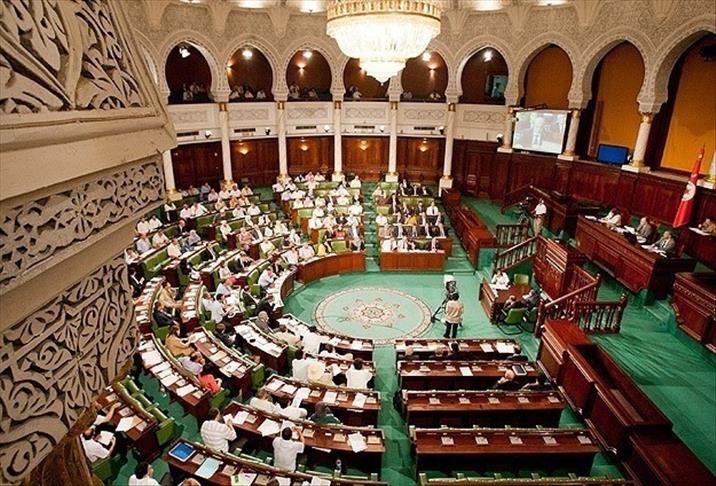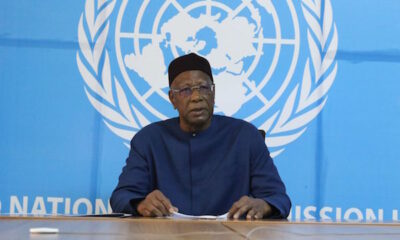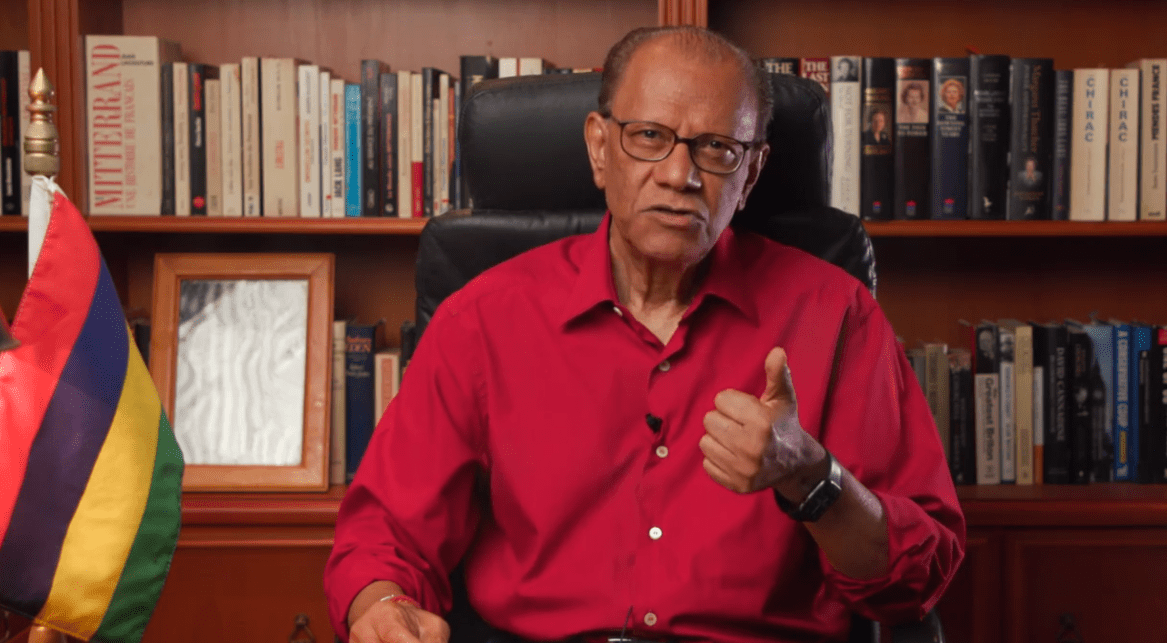The High State Council (HSC) of Libya, which is headquartered in Tripoli, rejected a budget that was passed by the parliament in the east on Thursday, threatening further division and public money waste.
The Speaker of the House of Representatives in Benghazi, Aguila Saleh, received a letter from Council head, Mohamed Takala, expressing the rejection. Journalists received it from the Council’s media office.
The 90 billion Libyan dinars ($18.5 billion) budget was passed by the House in two separate sessions; on Wednesday, the House authorized an additional 88 billion Libyan dinars.
The budget is for Osama Hamad’s government in Benghazi, which he established in March 2023. Hamad is associated with military commander Khalifa Haftar, who rules most of eastern and southern Libya.
The Council issued a warning, stating that “more division will result from the House of Representatives’ persistence in its transgressions and managing public affairs by its sole will.” A budget of over 179 billion dinars in Libya “is an unprecedented amount of money,” according to the Council.
Since the 2011 rebellion against Muammar Gaddafi, which was supported by NATO, Libya has experienced little peace, and in 2014, it broke up into rival eastern and western factions.
The United Nations supported the installation of Abdulhamid al-Dbeibah as interim prime minister in 2021, and he currently leads the Government of National Unity in Tripoli.
The High State Council was established as part of a 2015 political accord and selected from a 2012-elected parliament, whereas the House of Representatives was elected in 2014.
According to the rules of the 2015 political agreement, the Council, a consultative body, has a say in significant political affairs.
“Its complete rejection of what was approved in the House of Representatives session… and considers it to have no legal effect,” the Council emphasized in the letter.
In addition, it has urged all concerned parties “to challenge any laws issued by the House of Representatives in violation”.

 Politics2 days ago
Politics2 days ago
 Metro2 days ago
Metro2 days ago
 VenturesNow2 days ago
VenturesNow2 days ago
 Musings From Abroad2 days ago
Musings From Abroad2 days ago




























